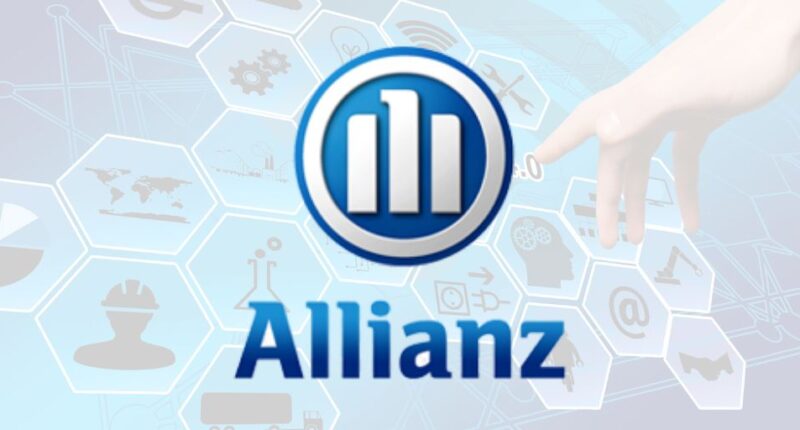Since 2017, many mainstream companies have been entering the blockchain world. Many of them want to use the blockchain technology to enhance their products and services. The recent trend is for companies to develop internal tokens, which can be used in their value transfer systems. One of the companies doing this is Allianz Global, a major insurance company. They plan to create a token-based ecosystem that is powered by the blockchain for making payments.
How Allianz Will Achieve their Goal
According to an official from the company, Allianz will use the blockchain for cross-border payments to corporate customers. The official claimed that the company was in the advanced stages of developing this token-based payment system. It will ensure that payments are made instantaneously, transparently, and flawlessly.
This year, many large corporations have announced they plan to launch token-based payments systems. In February this year, JP Morgan announced the creation of the JPM Coin. The blockchain-powered crypto coin that is pegged to the US dollar. The bank uses this coin for various internal transactions, which helps to cut costs and increase the speed of transactions.
Another major company that is wading into the blockchain world is Facebook, which recently announced the Libra project. However, this endeavor has seen the company come under increased regulatory scrutiny.
The Allianz internal Token
According to Allianz, this will be an internal token. Its aim is to address the issues that exist in the current global transfer network. The company plans to use the coin to deal with some of the challenges they face when making global money transfers. Their new token will be run on a proprietary blockchain, which is being developed by Adjoint, a blockchain-focused company. Allianz believes that this new token will have benefits for them as well as for their clients.
Currently, the company is still in the testing phase. However, the core infrastructure is already in place. After the testing, the will move to the trial stage. In this stage, the company will use the token to conducted limited money transfers and then study the results.
The Company’ Flight Delay insurance is already using blockchain Technology
A subsidiary of the company based in India is already using a blockchain-based solution called Travel Ezee for travel insurance. While travel insurance products are great, most of them come with the inconvenience of high costs and lengthy delays when it comes to making payments.
The Travel Ezee solution has been around since 2017. When a delay occurs, the solution ensures that users are compensated within the least amount of time possible. In some cases, it can be minutes after the insurer has confirmed the delay.
This is made possible by the use of smart contract technology powered by the blockchain, where the policy is stored. The good thing about it is that it does not require a user to file a claim. Instead, the insurer files a claim once they receive notice of a flight delay. A smart contract is triggered and an amount is automatically loaded into the customer’s account.
Notice: Information contained herein is not and should not be construed as an offer, solicitation, or recommendation to buy or sell securities. The information has been obtained from sources we believe to be reliable; however no guarantee is made or implied with respect to its accuracy, timeliness, or completeness. Authors may own the crypto currency they discuss. The information and content are subject to change without notice. Visionary Financial and its affiliates do not provide investment, tax, legal or accounting advice. This material has been prepared for informational purposes only and is the opinion of the author, and is not intended to provide, and should not be relied on for, investment, tax, legal, accounting advice. You should consult your own investment, tax, legal and accounting advisors before engaging in any transaction. All content published by Visionary Financial is not an endorsement whatsoever. Please also visit our Privacy policy; disclaimer; and terms and conditions page for further information.

